As the world's most valuable company, Alphabet, continues to soar to unprecedented heights, its CEO, Sundar Pichai, has sounded a cautionary note on the trillion-dollar AI investment boom. In an exclusive interview with the BBC, Pichai warned of "irrationality" in the market, cautioning that no company, including his own, will be immune to the potential pitfalls of this extraordinary moment in AI growth.
The warning comes as Alphabet's shares have more than doubled in value over the past seven months, propelling the company's market capitalization to a staggering $3.5 trillion. This staggering valuation is a testament to the rapid progress being made in AI, with Alphabet's Google at the forefront of this revolution. However, Pichai's comments highlight the risks of overinvestment in the sector, echoing the cautionary tale of the late 1990s Internet boom.
"We can look back at the Internet right now," Pichai said, drawing a parallel between the two periods. "There was clearly a lot of excess investment, but none of us would question whether the Internet was profound. I expect AI to be the same." Pichai's words are a stark reminder that even the most promising technologies can be subject to the whims of market sentiment, leading to overvaluation and ultimately, collapse.
The AI market has been on a tear in recent years, with investors pouring billions of dollars into startups and established players alike. According to a report by CB Insights, AI startups have raised a record $93 billion in funding in 2022 alone, with many of these companies achieving valuations that are stratospherically high. For example, the AI-powered language model, LLaMA, was valued at $13.5 billion just a year after its inception, while the AI-driven healthcare startup, DeepMind, was acquired by Alphabet for a whopping $1.5 billion.
However, Pichai's warning is not just a cautionary tale about the risks of overinvestment; it's also a reminder that the AI market is still in its early stages. While AI has made tremendous progress in recent years, it's still a nascent technology that requires significant investment to reach its full potential. As Pichai noted, "I think no company is going to be immune, including us."
So, what does this mean for investors and companies alike? According to experts, Pichai's warning is a reminder that the AI market is subject to the same cycles of hype and bust that have characterized other technological revolutions. "The AI market is experiencing a classic case of 'irrational exuberance,'" said Dr. Michael Hirsch, a leading AI researcher at Stanford University. "While AI has the potential to revolutionize many industries, the current market valuations are unsustainable and will eventually correct themselves."
As the AI market continues to evolve, one thing is clear: Pichai's warning is a timely reminder that even the most promising technologies can be subject to the whims of market sentiment. As the world's most valuable company, Alphabet, continues to navigate this complex landscape, it's clear that Pichai's cautionary note is a call to action for investors, companies, and policymakers alike to approach the AI market with a healthy dose of skepticism and a deep understanding of its potential risks and rewards.
In the end, Pichai's warning is not just a cautionary tale about the risks of overinvestment; it's also a reminder that the AI market is still in its early stages, and that the potential rewards of this technology are still waiting to be unlocked. As the world's most valuable company continues to navigate this complex landscape, one thing is clear: the future of AI will be shaped by the choices we make today.



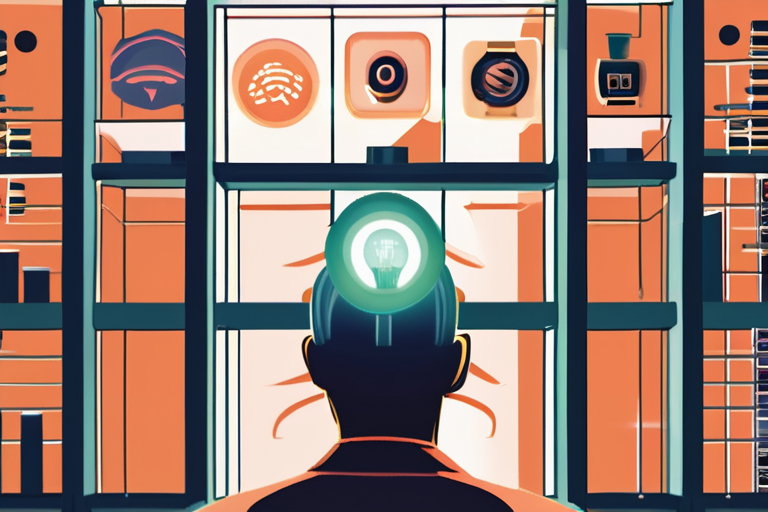
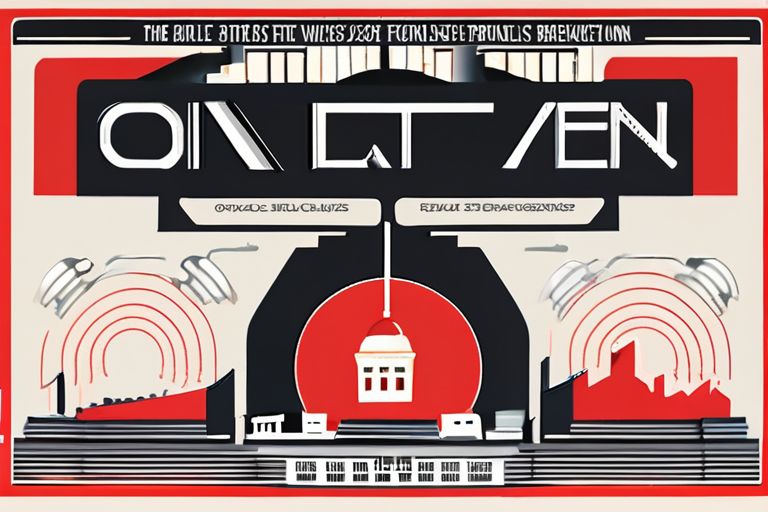
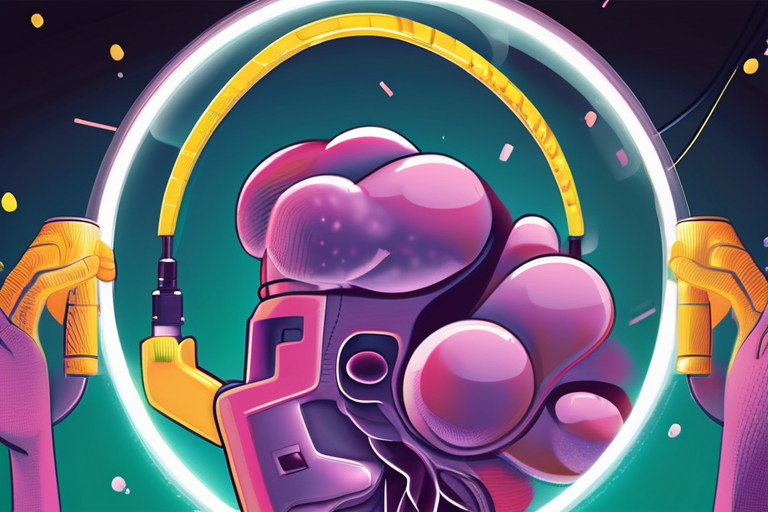
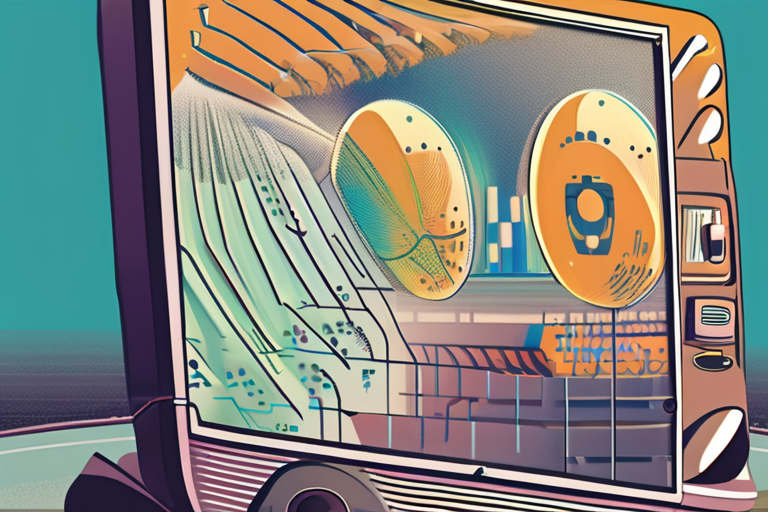


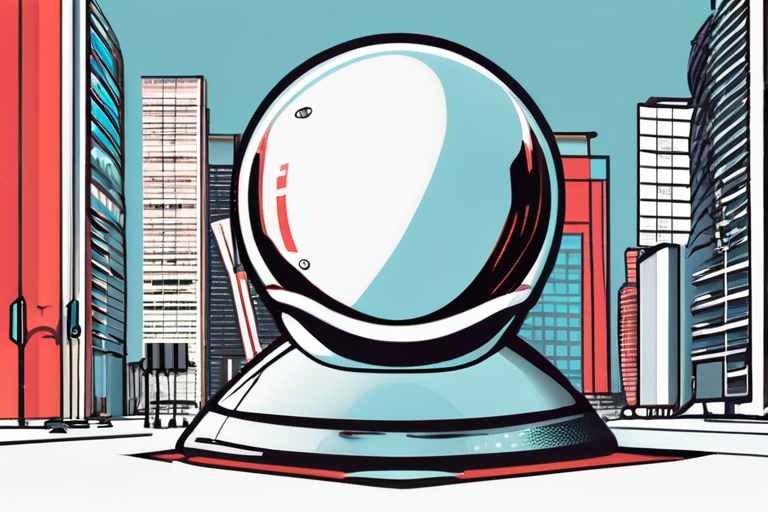
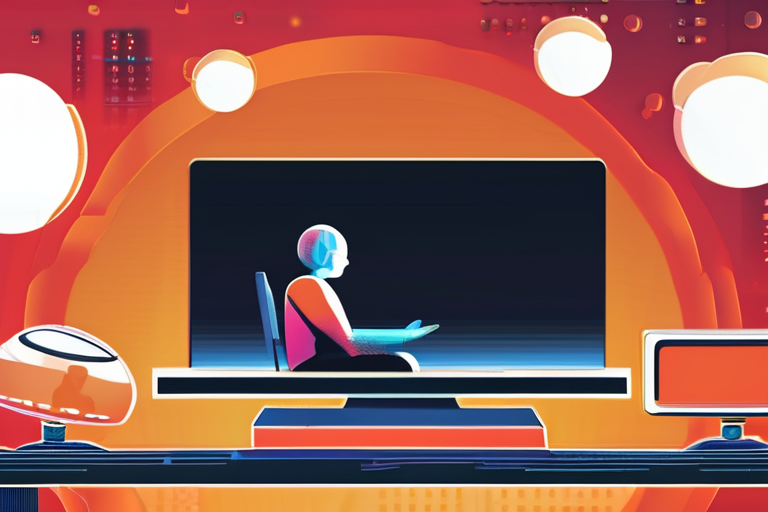
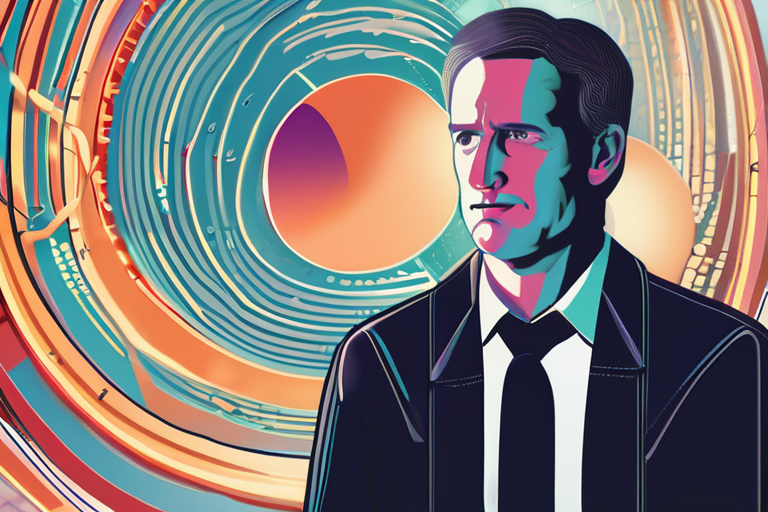
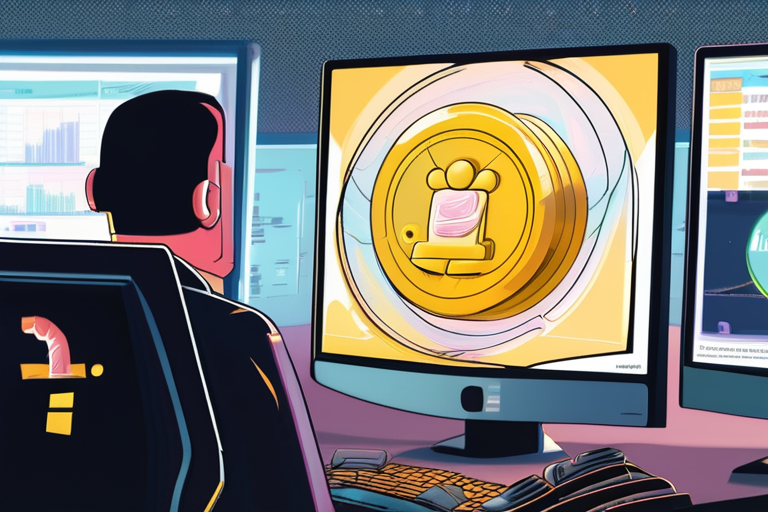
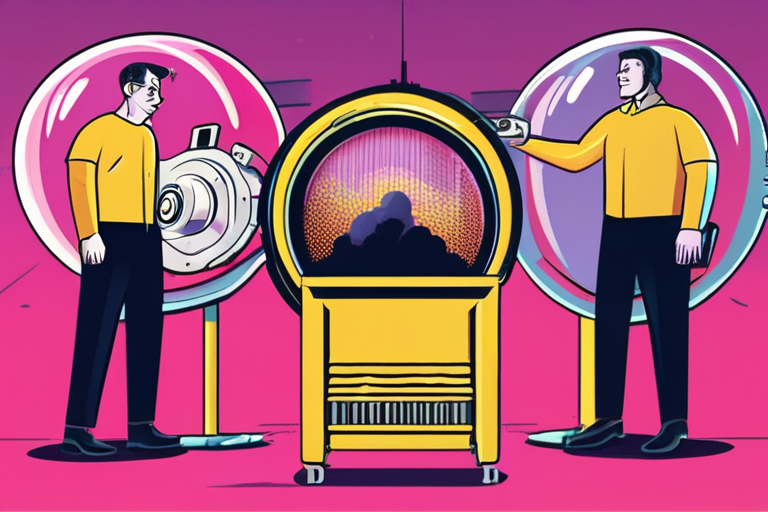

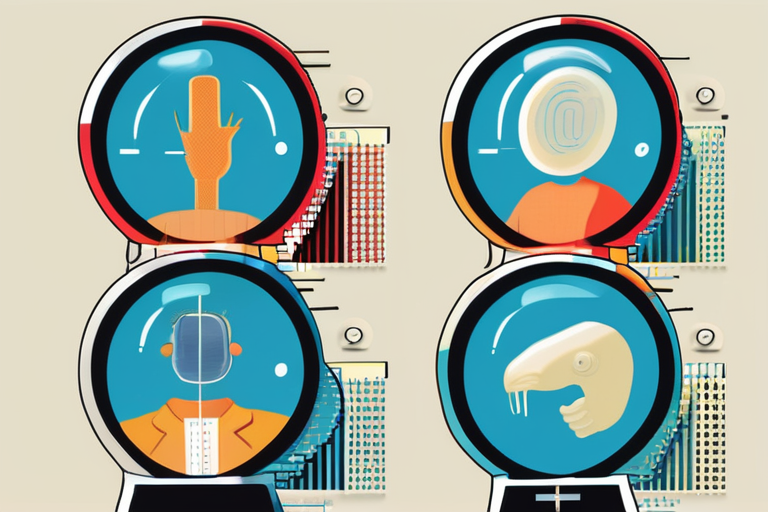
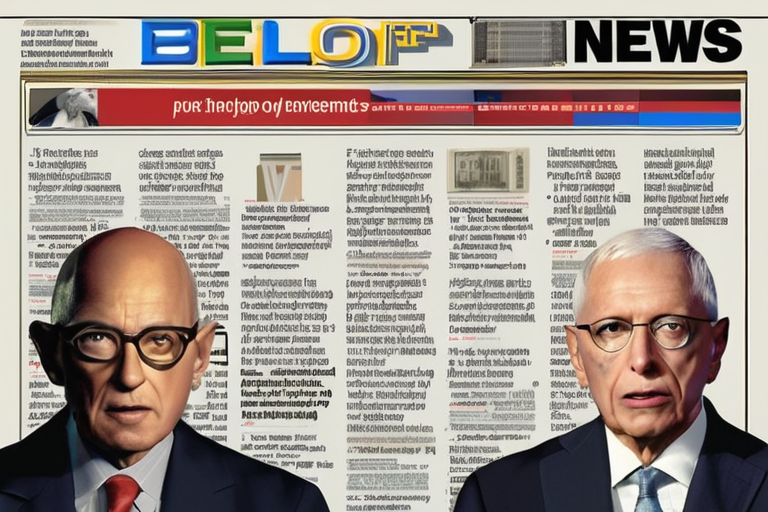
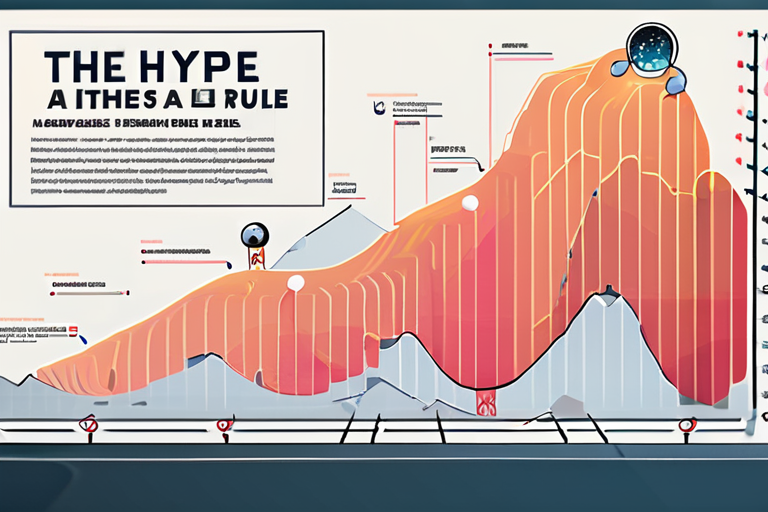

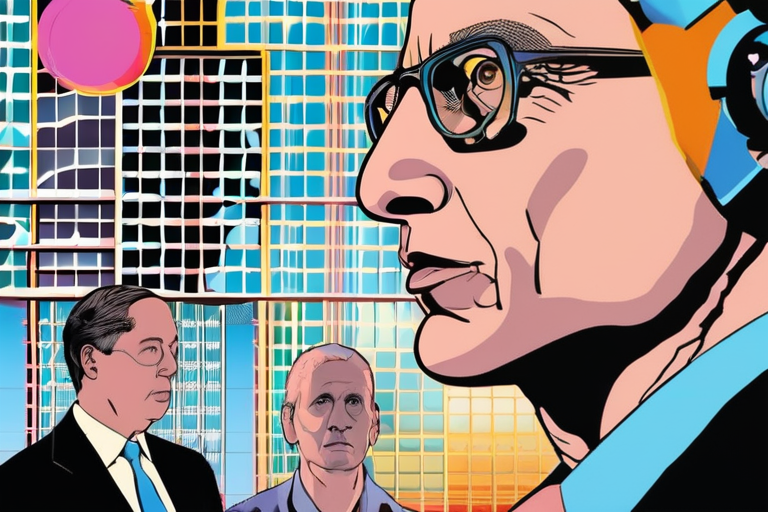

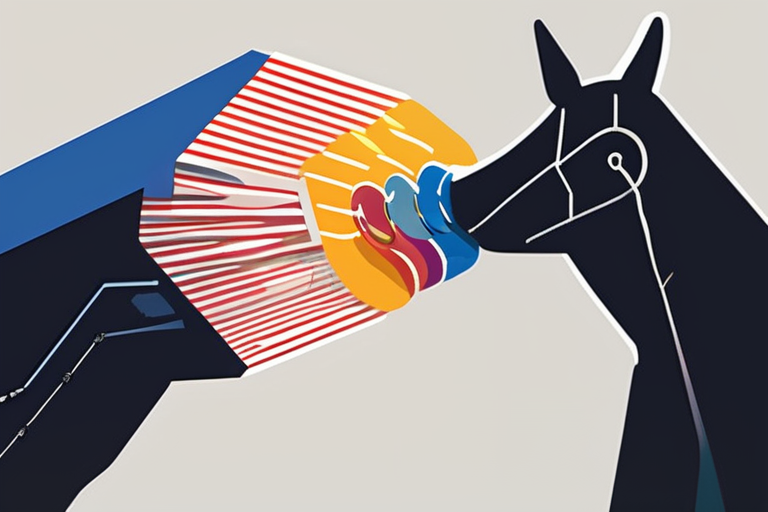
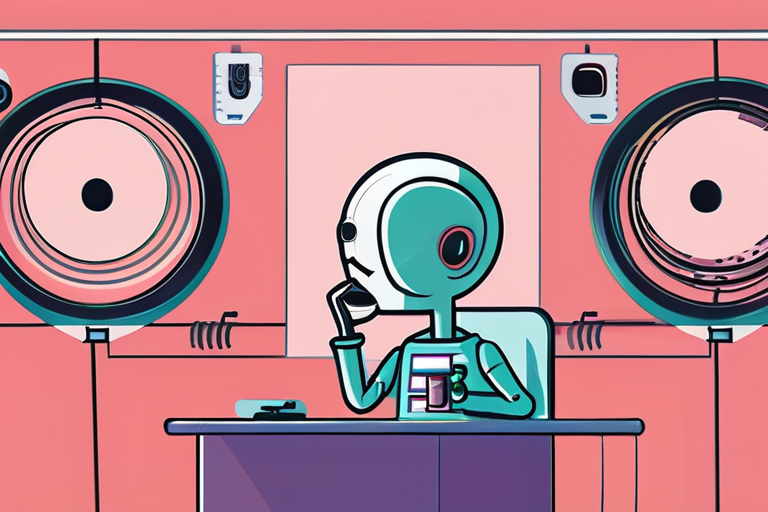


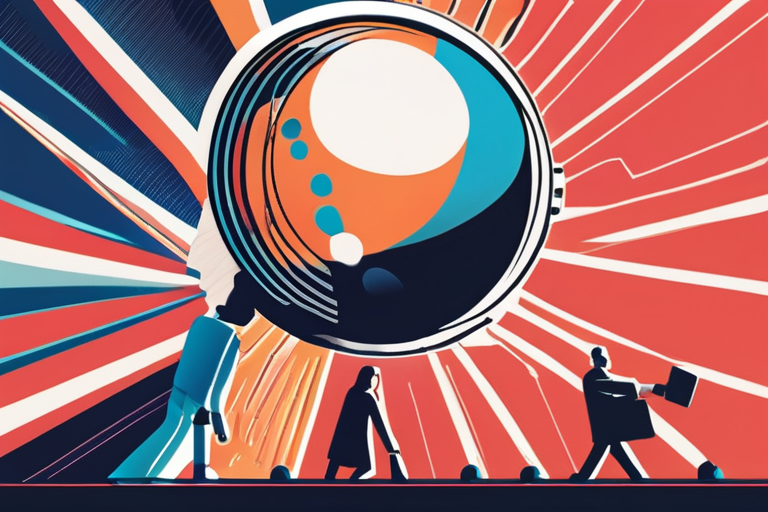
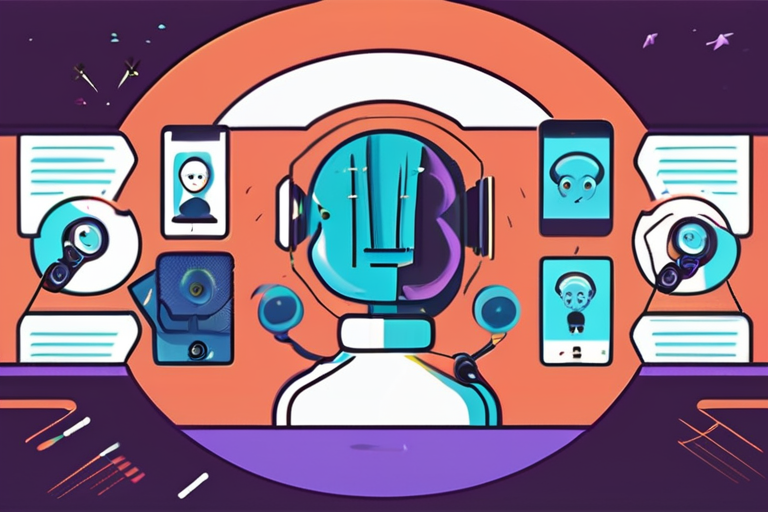
Share & Engage Share
Share this article